WORKING GIRL by Sophia Giovannitti is an honest book about taboos
Is there such as thing as freedom in the system of capitalism? Reading “Working Girl – On Selling Art and Selling Sex” by Sophia Giovannitti suggests to answer this question with “no”.
“Art and sex occupy similar positions under capitalism.”
Sophia Giovannitti is a conceptual artist and sex worker who lives and works in New York. In her book which was published by Verso this summer, she reflects upon the undoubtedly existing parallels of art work and sex work. Within her writing, she is brutally honest, also —or especially— about her own privilege of being white and thus entitled to get the highest rates paid in the industry, whereas members of marginalized groups are oftentimes exploited, judged and criminalized for doing sex work.
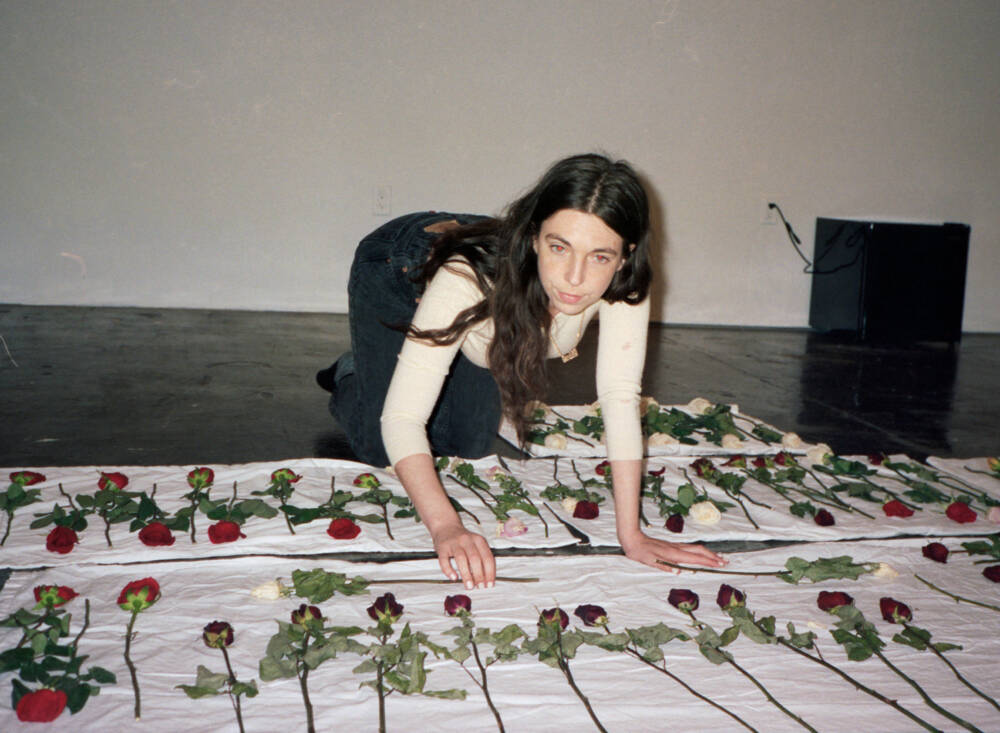
Blunt descriptions of encounters with clients fuse into deeply intelligent monologues where Sophia manages to bow her personal and intimate experiences to theoretical reflections on socio-political conditions and cultural issues. She unravels her thoughts on power, dependency, inequality, money, status, bodies and their sexualization, privilege, inequality and authenticity. The latter being, in her view what clients who cater to sex workers, ultimately look for: not sex, but a mode of authenticity.
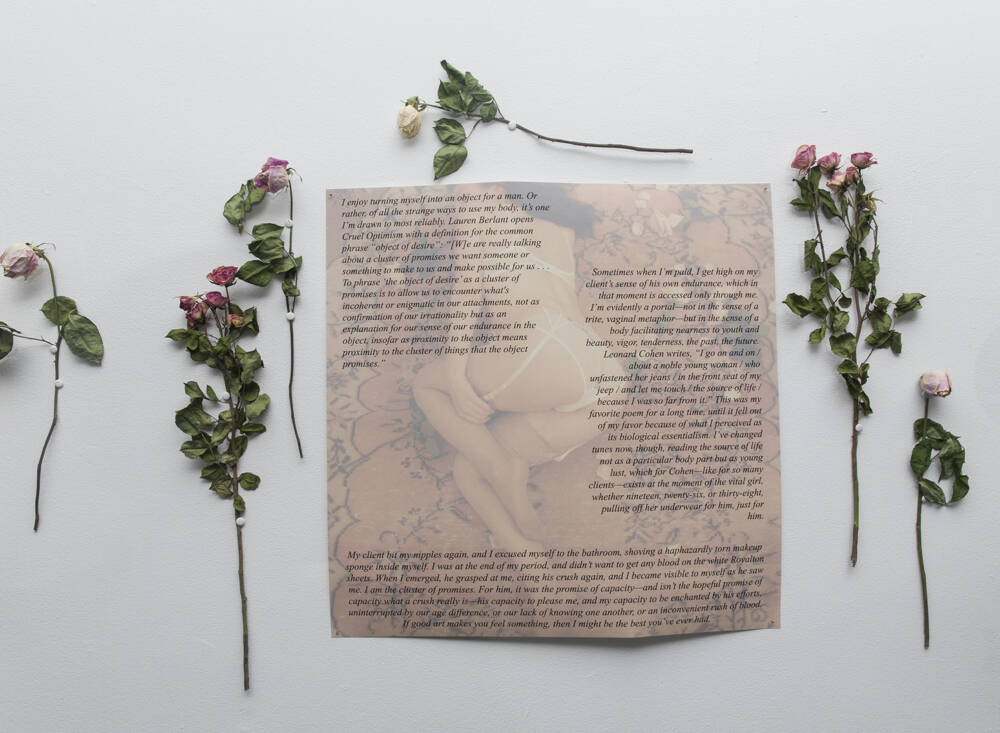
One becomes sensitized to how much sexually charged work is actually lingering in our daily life, unnoticed. If you’re selling some semblance of sex anyway, smiling and flirting for tips, you might as well sell the real thing for more. Although there is some undeniable truth to it, statements like this gives rise to the feeling that Sophia is trying to justify her decision through her writing. I used to want to be making art with everything I did; I wanted it all to count. I now now it doesn’t. I just have to make money in some way, so I can spend the rest of my time doing what I want to do.
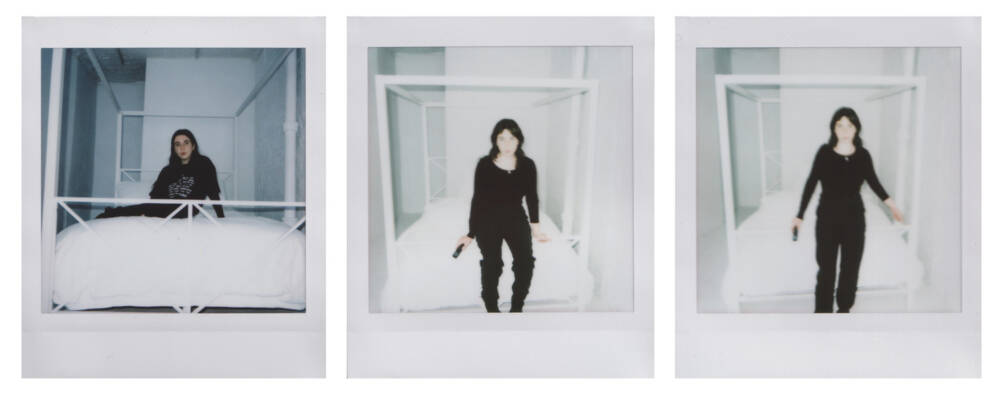
But even this, she manages to reflect by acknowledging her writing to be confessionally. At all times, she remains aware of every word and notion flowing onto the page and never victimizes herself. Rather, she voices her anger: […] when I thought about how much was being taken from the men paying me—what it cost me versus what it cost them—I grew angrier still.
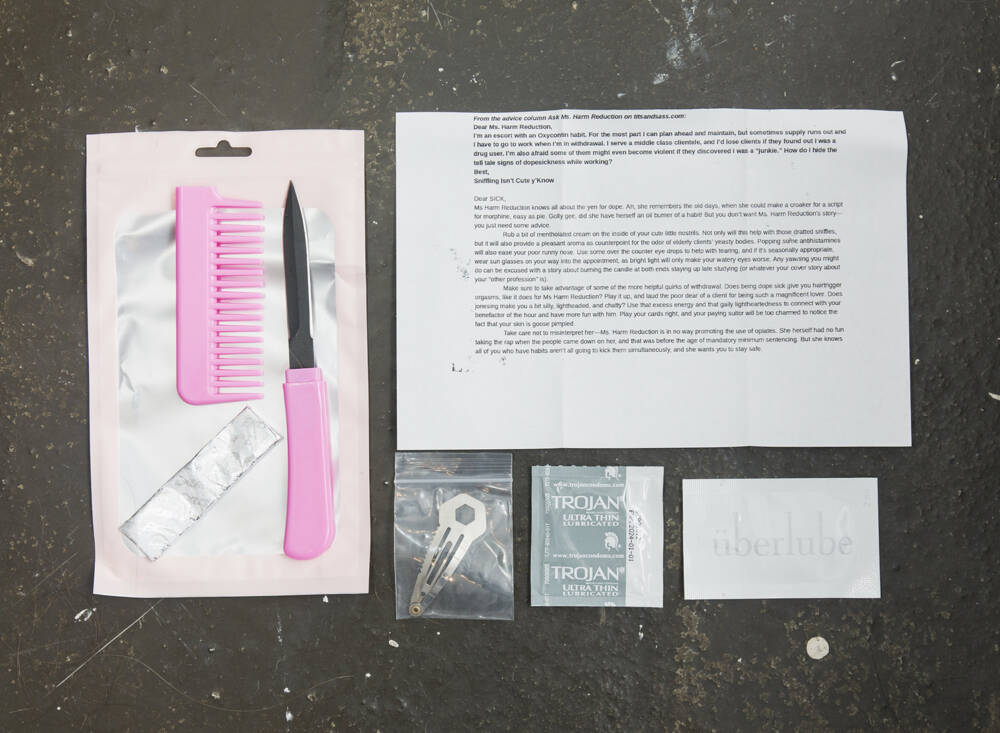
After reading Working Girl, you will not only have learned a lot about sex work. You will be once again be reminded that sexism continues to infiltrate the art world, and that, even though big institutions veil the power dynamics with pretty words like diversity, inclusivity and/or equality, racism, misogyny and exploitation are still as present as they have been for the longest time.
Most importantly, it will make you reflect upon your own work-situation. As Sophia writes There is no outside to work, if work in this reading is a metonym for the material and psychic circumstances of those who must earn a wage to trade for the basic rights of housing, food, medical care, child care, pleasures, and autonomy.— since “money and survival dominate so much of our psychic life under capitalism.”
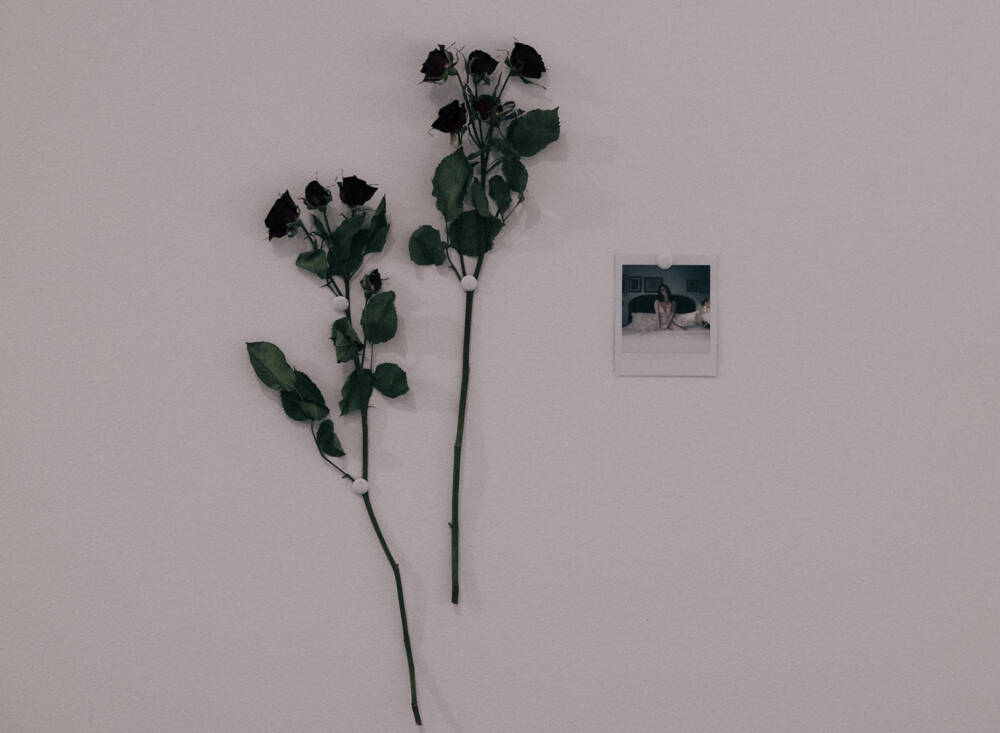
Image Credits: ©Sophia Giovannitti